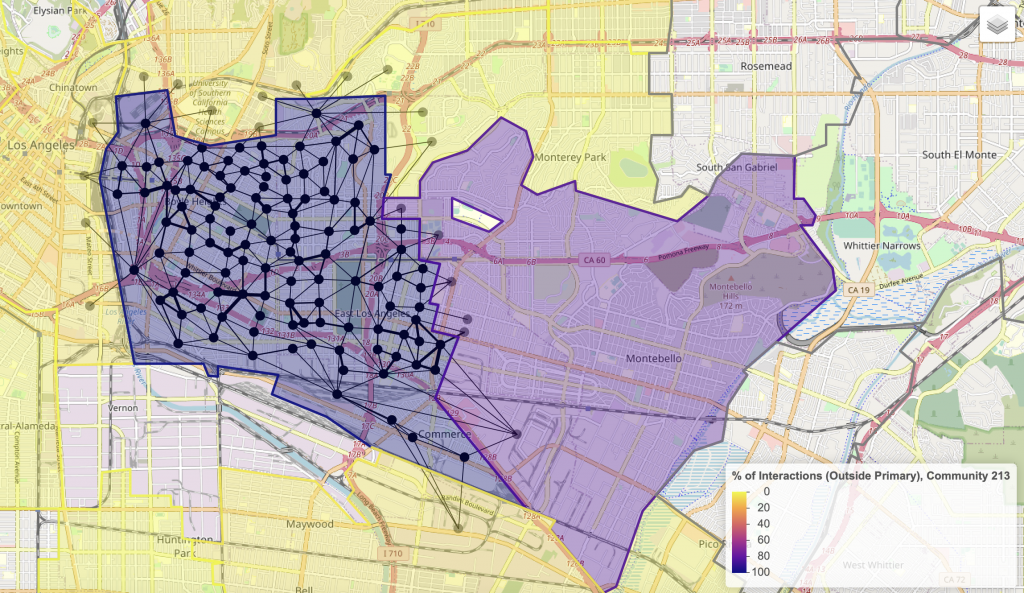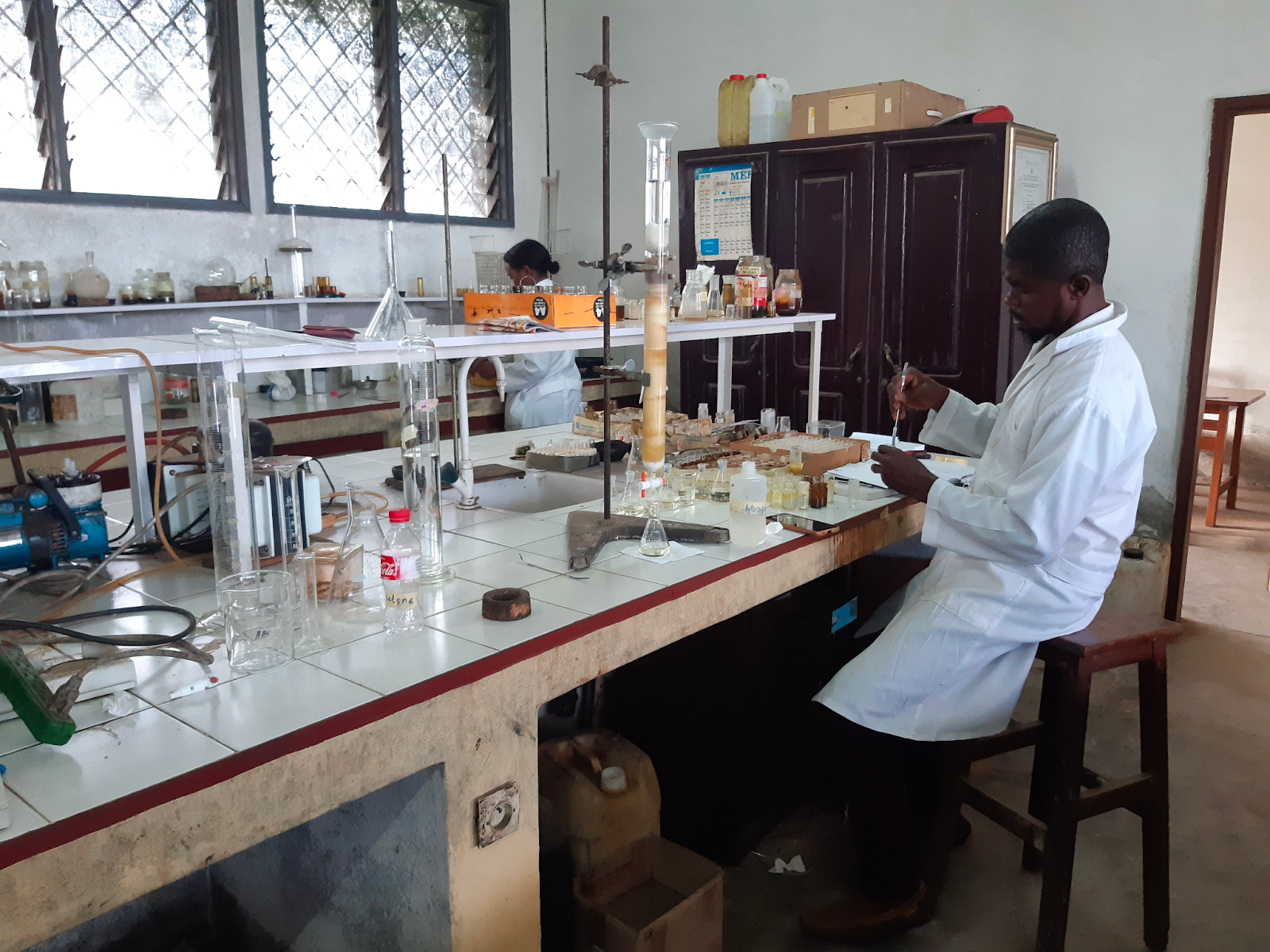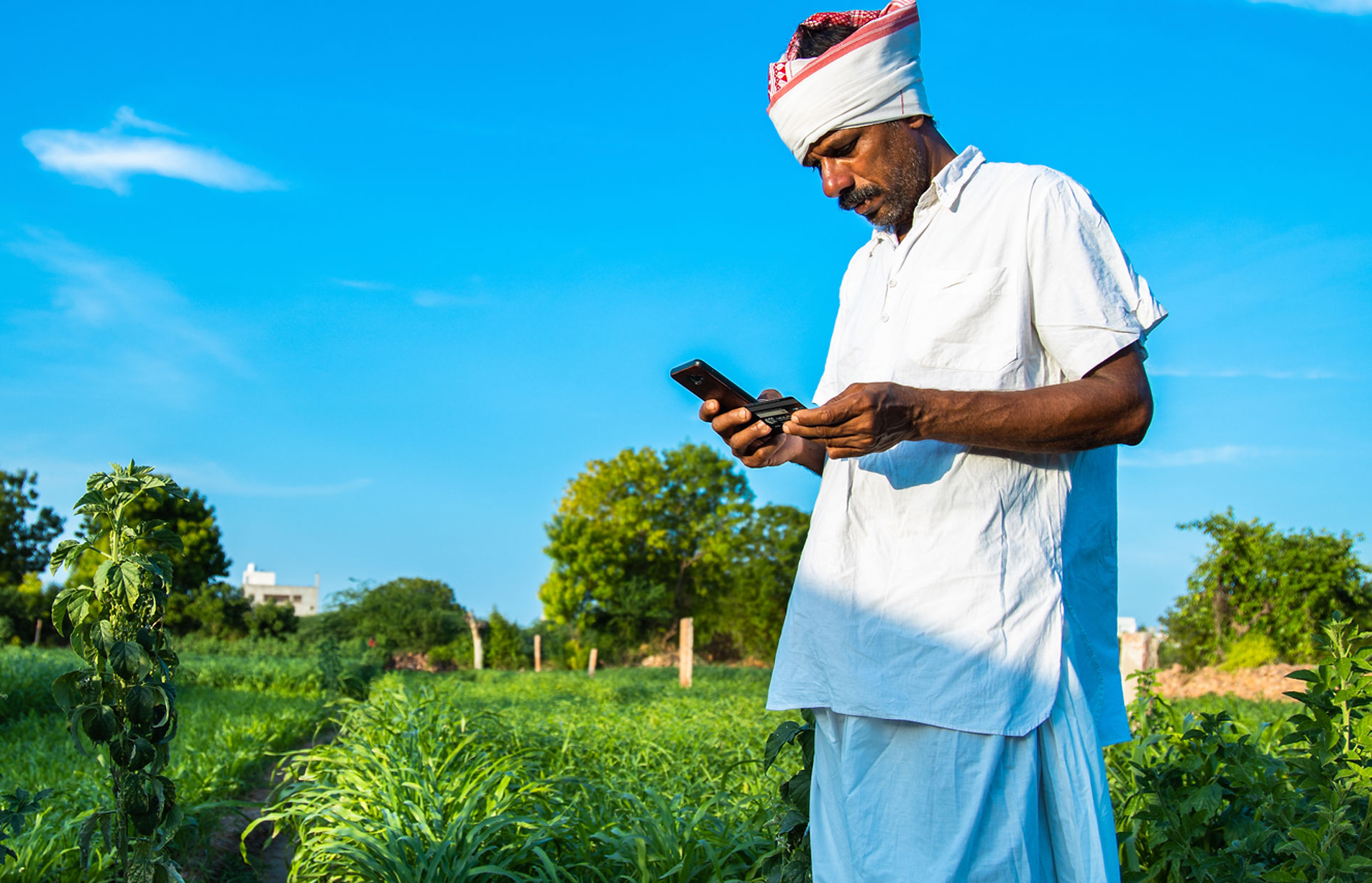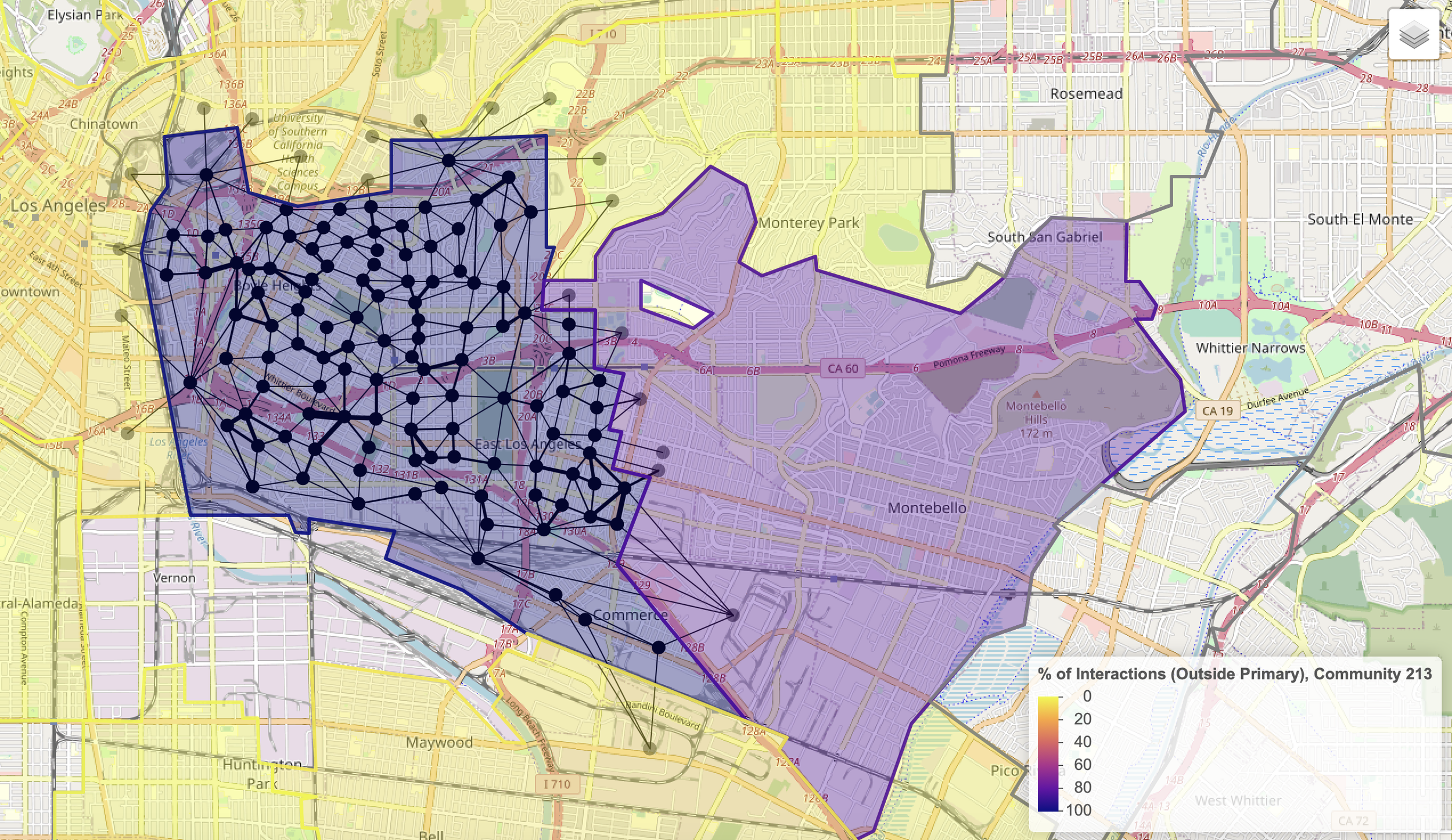Fast Forward and Splunk Support Three Tech Nonprofits Bridging the Data Divide

Data is everywhere. It determines everything from the cost of groceries to the next fashion trend. Yet for all the ways we’ve expanded data’s commercial value, there’s a glaring gap in how we use data to address social and environmental challenges. There’s a term for this disparity: the data divide, and it points to data’s potential to make a dent in solving our biggest problems.
Tech nonprofits are harnessing big data to drive social good. They are using data to protect democracy, advance infectious disease research, and increase farmer agency. (Interest piqued? Read on.) And they’re not tackling these challenges alone. Tech companies are stepping up to help these organizations achieve more. Fast Forward is thrilled to partner with Splunk to support tech nonprofits bridging the Data Divide to build a more equitable world.
“The data divide underlies many of the world’s most urgent problems. We need problem solvers to work together across sectors to harness the power of data for positive social and environmental impact, and Splunk is thrilled to partner with Fast Forward to support these outstanding nonprofits.”
– Kriss Deiglmeier, Chief Social Impact Officer, Splunk
Fast Forward and Splunk are teaming up to support tech nonprofits Center for New Data, Ersilia, and Gramhal. We’re helping them scale their solutions as they bridge the data divide to support voters, infectious disease researchers, and smallholder farmers. These nonprofits are beneficiaries of the Splunk Pledge, which is Splunk’s commitment to donate $100 million in financial donations, software licenses, training, support, and volunteer time to generate social impact.
Keep reading to see how these organizations are using big data for social good.
Ersilia
Six out of the top 10 causes of death in low-income countries are due to infections – but only 5% of the world’s relevant research is produced in these geographies. AI can help shift this imbalance. Ersilia equips scientists in low-income countries with AI tools to accelerate neglected infectious disease research. With access to this technology, universities, hospitals, and laboratories are better equipped to discover cures to diseases plaguing their local communities. Ersilia’s no-code, ready-to-use AI models speed up experiments, reduce costs, and puts power into the hands of local researchers.

Founders Gemma Turon and Miquel Duran Frigola are scientists themselves: they each hold a PhD in biomedicine. In just two years, they’ve grown Ersilia’s Model Hub to offer 100+ open-source models to researchers across the globe, and are on track to grow this number to 500 in 2023. Scientists at the University of Buea, Cameroon and The Holistic Drug Discovery and Development Centre (H3D) at the University of Cape Town, South Africa are already leveraging Ersilia to bring AI to their research pipelines. Ersilia is on a trajectory to harness data to make science accessible to all.
Gramhal
There are 120 million smallholder farmers in India. Access to key data increases farmers’ income and well-being. That’s why Gramhal built a chatbot that connects smallholder farmers in India with important crop data, local weather forecasts, pricing information, and more. In just two years, Gramhal has reached over 250,000 farmers across 3 Indian states with its chatbot – and counting!

Gramhal was founded by Vikas Birhma, the child of smallholder farmers. He joined forces with co-founders Achint Sanghi, a technologist, and Simeen Kaleem, a social sector leader. As Gramhal grows, it will equip more farmers with data to increase their agency and income.
Center for New Data
Access to voting is a core tenet of democracy. Yet during the 2020 presidential election, people across the U.S. faced barriers to voting. The Center for New Data met this moment – through data. A nonpartisan organization, its team of data scientists and policy experts built a tool that mapped voting wait times at thousands of polling places across the country. Insights from the tool helped reopen polling locations in the key district of Cobb County, GA, and support a lawsuit contesting a restrictive voter access law in IA.
Founded by Steven Davenport, a data scientist and policy researcher, and Daniel Wein, a political strategist, the Center for New Data believes partnerships are key to achieving impact – empowering on-the-ground voting rights groups, media organizations, and legislators with actionable data to protect voting access. The Center for New Data is redefining how data can do more for democracy.

The amount of data that exists in the world is expected to double by 2025. These three tech nonprofits are showing us how we can do more with that data, and we’re grateful to support their work in partnership with Splunk. Stay tuned for updates as they continue bridging the Data Divide with their innovative solutions.